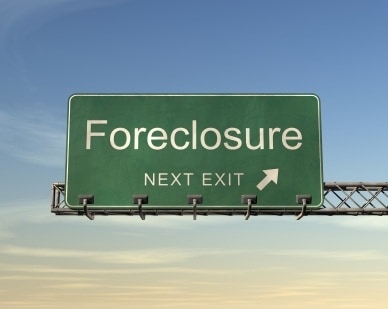
Home prices are increasing across the country as the number of homes for-sale continues to fall. But at a time when buyer demand is picking up, why is inventory still so low?
Inventories fell to 1.82 million at the end of last year, a 21.6 percent drop from one year earlier, the National Association of REALTORS® reports.
The Wall Street Journal recently highlighted several reasons behind the dropping inventories, including:
- Sellers hesitant to sell: About 22 percent of home owners with a mortgage are still underwater, owing more than their home is currently worth. Home owners don’t tend to sell unless a life-changing event occurs when they’re underwater because they don’t want to take a loss on the sale of their house. CoreLogic data shows that inventories are the most constrained in areas with the highest number of underwater borrowers.
- Not enough equity to trade up: Often times, home owners rely on the equity from their home to make a down payment on their next home. With fewer home owners seeing equity in their houses, they may not have enough money to move into a pricier home, which is constraining the would-be “trade up” buyer from moving.
- Investors continue to snatch up properties: Investors are snapping up properties, but they’ve changed their strategy from past years, which is also constraining inventories. Now they’re holding onto properties and turning them into rentals instead of rehabbing properties and flipping them for profit. This is keeping fewer homes on the market.
- Banks are slowing down foreclosures: Banks have new rules to meet with the foreclosure process, and it’s causing them to move at a slower pace in foreclosing on homes. Banks also are showing a preference for short sales and loan modifications, which are curbing the number of foreclosed homes on the market.
- Builders are doing less building: Housing starts were at record lows from 2009 through 2011 so there’s less inventory being added to the market. A rebound in the new-home market has only recently started to occur.
Source: “Six Reasons Housing Inventory Keeps Declining,” The Wall Street Journal (Jan. 22, 2013)
Related articles
For all your real estate needs
Email or call today:
John J. O’Dell Realtor® GRI
Civil Engineer
General Contractor
(530) 263-1091
Email jodell@nevadacounty.com
DRE#00669941


























